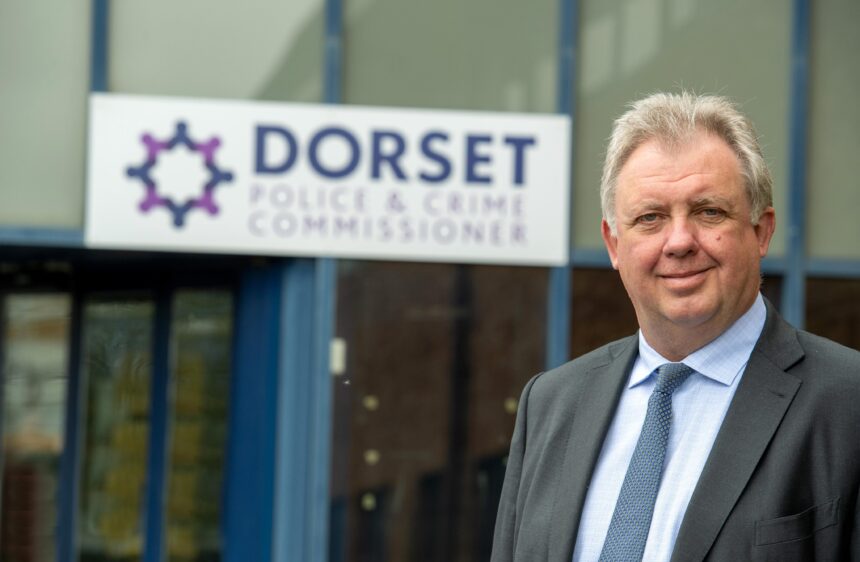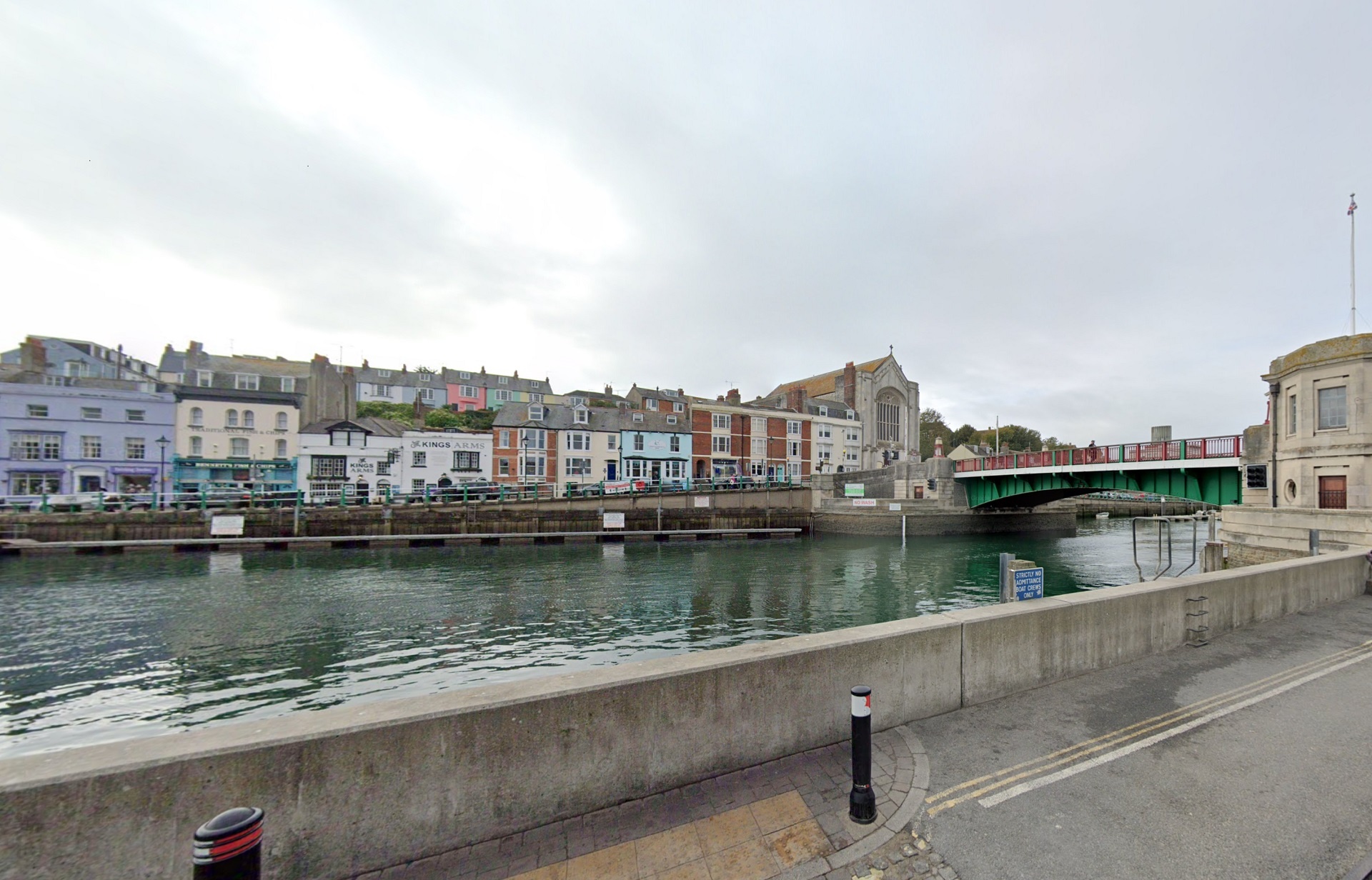The Dorset Police and Crime Commissioner, David Sidwick, has written the foreword for a new book which examines the impact of cannabis on physical and mental health, and has stepped up his call for cannabis (see note at end) to be reclassified as a Class A drug.
The reference book, the Epidemiology of Cannabis by Stuart Reece and Gary Kenneth Hulse, explores the potential health impact of the illegal drug, focusing on several areas associated with cannabis use, including mental health in adults and young adults, birth defects, cancers and ageing.
Mr Sidwick hopes the publication will be a catalyst towards the government changing the focus to address the harm illegal gateway drugs including cannabis cause to society.
He said: “I have always been very clear about the pernicious impact I believe cannabis and other illegal gateway drugs have on physical and mental health and I have long campaigned for it to be reclassified as a Class A drug because of these effects and the impact it presents on wider society as a result.
“It needs to be taken seriously on a national scale, because of the danger it presents and there needs to be money put into prevention and education to ensure people are aware of these dangers.
“Currently, Class A drugs take precedence when it comes to enforcement and treatment, but it is my view that there is no point focussing on the destination of addiction if we don’t stop people getting on the first two or three carriages of the train in the first place. Only through reclassifying cannabis will it be treated with the severity it deserves.”
Author, Stuart Reece said: “Combining a very broad scope across numerous birth defects, cancers, mental and age-related pathologies with cutting edge state of the art statistical analysis and detailed exploration of the known cellular and molecular mechanisms linking exposure to outcomes, this unique book redefines the evidence base internationally linking cannabis causally to important global megatrends.
“It is an indispensable and foundational tool for anyone seriously interested in cannabinoid health effects including physicians and health workers, academics, policy makers, regulators and public health workers worldwide.”
In Dorset, the painful effects of this harmful drug have been highlighted by Janie Hamilton, a mother who campaigns for the drug to be reclassified to a Class A, after her son, James suffered from mental illness induced by his cannabis intake, which started when he was 14.
James died when he was 36, after refusing treatment for testicular cancer, following years of battling mental illness, which his family believe was triggered by his addiction to cannabis.
Janie said: “My beloved son James was a fun-loving, mischievous, clever, tender-hearted boy who wanted to fit in with his peers and be part of the “in” crowd. This was to be his undoing.
“At the age of 14, unbeknown to us, living on-site at a boarding school where his father taught, he started smoking cannabis. He became arrogant, rude, secretive, rebellious and unpredictable. I remember thinking how I loved him, but that I didn’t like him.
“He dropped out of university after one term and took job after job, worrying us with his bizarre behaviour. He shaved his hair, his eyebrows, cut his eyelashes and became aggressive. He would stay in his room all day and come out at midnight to shower and cook.
“One day, he came home from his job on a building site, turning in circles in the garden and all that night. He told me he had spent all his wages on cannabis. I called the doctor the next day and James was sectioned within an hour, diagnosed with schizophrenia.
“From here followed 16 years of locked wards and rehabs, sometimes living independently and working, but this always ended with him coming off his medication and then being sectioned when his behaviour finally warranted police involvement.
“He refused to be examined after discovering a lump, refusing chemotherapy. The cannabis, having caused the schizophrenia, was now causing a psychotic inability to realise the danger he was in.
“We watched our son die needlessly, cannabis having stolen his life three times over – once, as we watched his young life passing, his potential unrealised, twice, as we believe the link between cannabis and testicular cancer, and three times, as the resulting schizophrenia robbed James of the ability to make a right-minded decision to have life-saving treatment.
“Cannabis is everyone’s problem. It destroys lives and families. Let no-one say that cannabis is harmless – cracking down on this destructive drug is one of the greatest and most urgent needs facing us all.”
PCC David Sidwick added: “Janie’s heartbreaking loss which is at the heart of her courageous campaigning should send a stark message to those in power, and the general public, that we need to get a much harder grip of these corrosive illegal gateway drugs.
“This has already started, with ketamine being considered for reclassification and it is time for those in power to be brave, and reconsider cannabis in the same vein. This drug causes harm, to individuals and communities and it needs to be taken as seriously as the threat it presents to society.”
Note, in the UK we do not talk about marijuana so when referring to cannabis as an illegal drug the reference is to cannabis containing tetrahydrocannabinol (THC).
You can find out more about the book here

Dorset PCC David Sidwick















